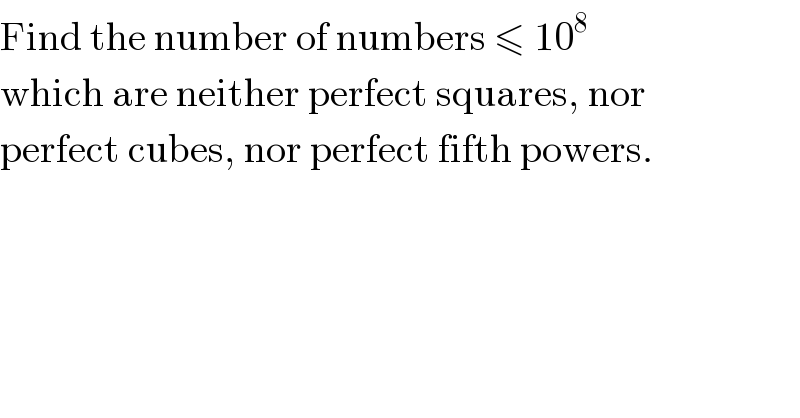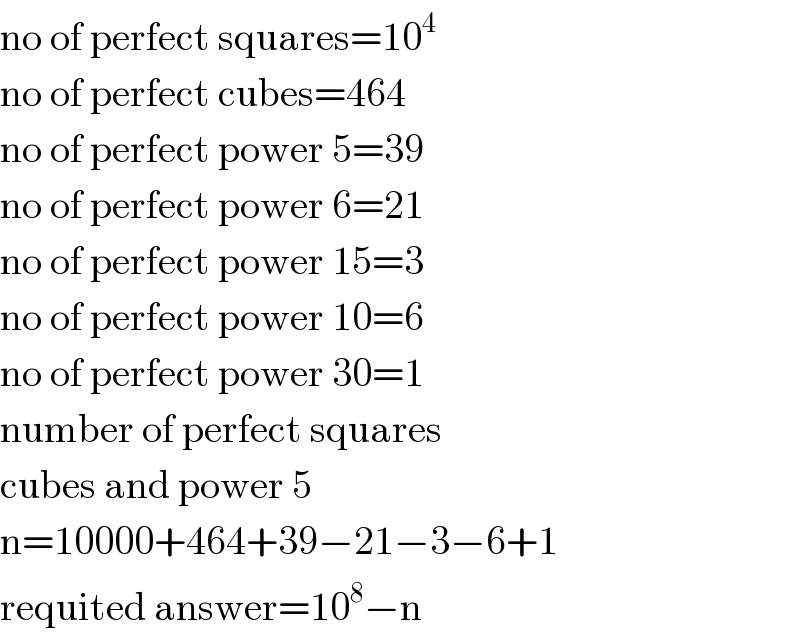
Question and Answers Forum
Question Number 18949 by Tinkutara last updated on 01/Aug/17

Commented by prakash jain last updated on 03/Aug/17

Answered by prakash jain last updated on 03/Aug/17

Commented by Tinkutara last updated on 03/Aug/17

| ||
Question and Answers Forum | ||
Question Number 18949 by Tinkutara last updated on 01/Aug/17 | ||
 | ||
Commented by prakash jain last updated on 03/Aug/17 | ||
 | ||
Answered by prakash jain last updated on 03/Aug/17 | ||
 | ||
| ||
Commented by Tinkutara last updated on 03/Aug/17 | ||
 | ||